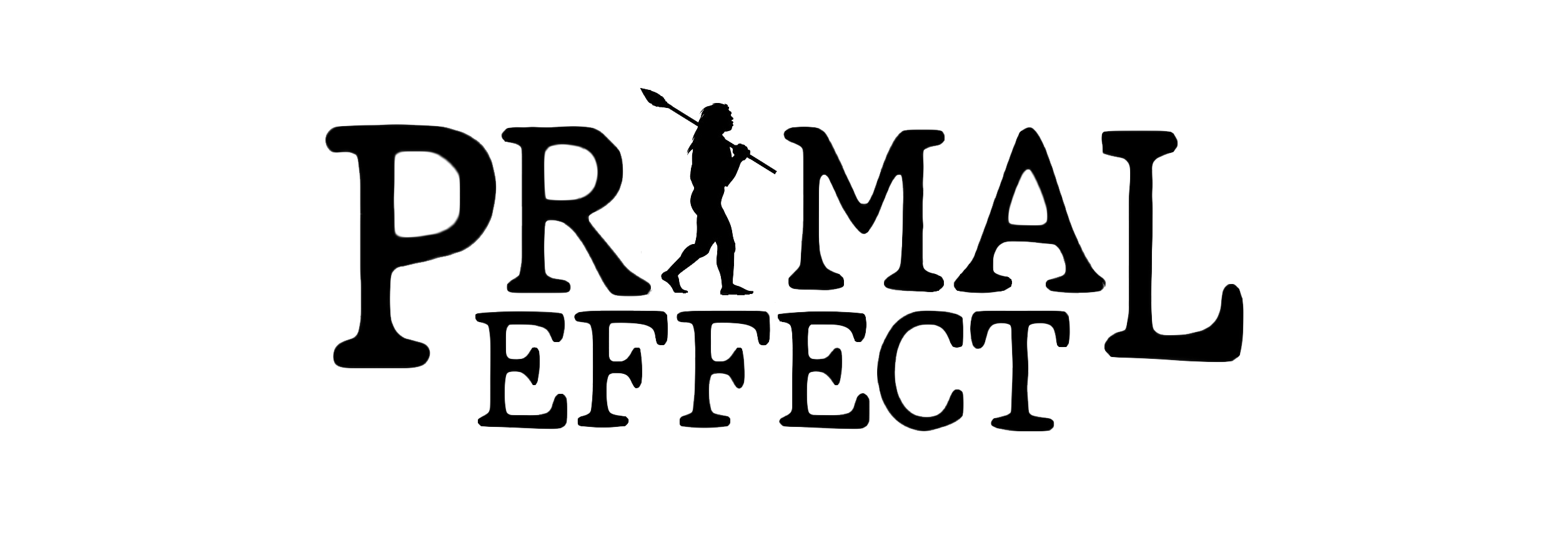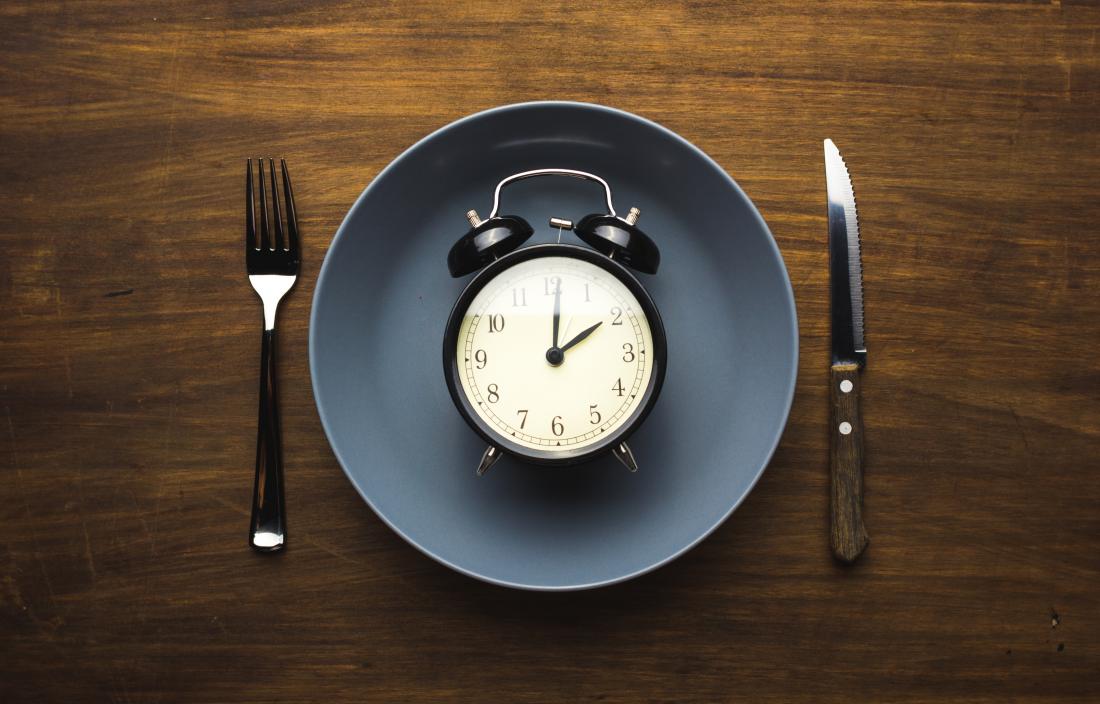One of the main criticisms I encounter when in conversation about Intermittent Fasting is that ‘Breakfast is the most important meal of the day’ and that skipping it is bad for your health. My reply is always the same…take a step back and readjust your perspective on breakfast.
Why is it that we assume that by not eating first thing in the morning, we are ‘skipping’ breakfast?
Lets take a look at the word itself; breakfast. It literally means to break your fast. Nowhere is it implied that you must break your fast immediately upon rising. That’s an idea that we constructed as a society and subsequently built an entire industry around, in the cereals market. So it’s become deeply ingrained in our psyche that we must eat breakfast first thing in the morning, and that’s just how it is.
But let’s look at it for what it is. Prolonging our fast, and subsequently postponing our break-fast, doesn’t mean that we are skipping that meal. It doesn’t matter what time of day you begin your eating window, whether its 6am or 2pm, that first piece of food you chew up and swallow, is your breakfast.
Now, what you choose to eat when breaking your fast is extremely important, here’s why. While fasting, our metabolisms are in a very distinct state, with increased Growth Hormones, elevated Luteinizing Hormone (the direct precursor to testosterone), and Autophagy. You are also in a state of ketosis, where the liver converts fatty acids into ketones for energy.
Most importantly though, your gut and intestines have adapted to the absence of food, preserving the digestive processes, leaving them quite sensitive. To avoid inflammation after a fast, it is crucial that you do not binge eat or consume anything and everything you want. You have to take your time. Now, to what degree you will have to be patient, will depend entirely on the length of your fast, someone coming off a 5 day fast will have to be much more gentle than someone who has fasted for just 16 hours. For the sake of this discussion, I am going to use the most popular 16/8 as an example.
Things to Avoid When Breaking Your Fast
What we choose to eat when breaking our fast is perhaps the most important element of Fasting/Intermittent Fasting, it’s success hinges on you making the right choices. If you are careful and disciplined with this meal, you can relax much more with the rest of your meals throughout your eating window.
First let’s look at things we should avoid when breaking our fast:
Carbohydrates/Sugars
I would recommend that you avoid carbs and sugars when breaking your fast. Consuming carbs in your breakfast meal can cause severe bloating, given that when you are fasted you are depleted in both water and electrolytes. Carbohydrates will cause Antidiuresis of potassium and sodium, which means very uncomfortable bloating! Not to mention an energy crash from the spike of insulin. So avoid starchy carbs like rice, pasta, oats etc. and also Fructose as found in fruits.
Vegetables
This one may be controversial, but hear me out. I am a BIG fan of vegetables, I eat a lot of greens and recommend everyone does the same. However, what I am suggesting here is simply that you avoid them when coming out of a fasted state. Here’s why;
Small intestine bacterial overgrowth. As we know, when we are in a fasted state, our gut’s are very sensitive, and that means we have much more of a tendency for an overgrowth of bacteria when we do eat. And because vegetables have so many complex sugars and fibres that are very difficult for the body and gut to break down, they have a higher tendency to ferment. This fermentation can cause severe discomfort, bloating and lower abdomen distention.
Just to expand on this a little, I’ll provide an example. One of the sugars contained in vegetables such as broccoli is raffinose, and it’s a sugar that’s very difficult for the body to break down, so if you’ve ever eaten a large portion of broccoli, you’ve probably experienced the gas/wind it leaves you with. That wind is coming from the raffinose, the sugar that isn’t breaking down. And the smell that comes with it is from the sulforaphane. Nice.
So this is why I suggest avoiding veggies when you break your fast, our guts are already in such a fragile state, that it can cause some nasty irritation.
Things To Eat When Breaking Your Fast
So here’s what we want to happen when we break our fast; we want to consume something that will stimulate our digestive tract without causing irritation, and without releasing insulin. Here are a couple of ways you can do this!
Apple Cider Vinegar
Apple Cider Vinegar is fantastic, it balances the bodies PH levels, kills unwanted bacteria in the gut and stabilises blood sugar. I highly recommend consuming ACV prior to eating your first meal. Here’s a quick recipe I like:
Add to hot water;
- 2 tablespoons Apple Cider Vinegar
- 1/2 Lemon Juice
- Dash of ground cinnamon
- Pinch of sea salt
Quick note, the cinnamon helps with blood sugar stabilisation, and the citric acid from the lemon promotes the creation of digestive enzymes in the gut before you eat!
Bone Broth
Bone broth is another great choice for breaking your fast. Not only is it full of electrolytes, but its packed with collagen, which is the protein that most of your body is made up of, your joints, nails, hair and skin. Helping to keep your cells healthy and youthful.
Collagen ultimately produces gelatin, which protects our gut lining. Because we break down our guts mucosal layer when we fast, the collagen/gelatin from bone broth is fantastic for priming your body to absorb all of the nutrients from the foods you are about to consume. This is why I recommend bone broth to break your fast, it will leave your body in its most efficient state to absorb all of the minerals and nutrients from your next, big meal. Which can then contain all those veggies you avoided earlier!!
MCT Oil
MCT Oil is a highly effective way of breaking your fast, especially to promote fat loss. “Promote fat loss!?” Okay, so how does that work?
Well, the reason is that with MCT oil, the Capric, Caprylic and Caproic acids that are in it, bypass the liver altogether, going from the stomach straight into the bloodstream. This means that they are utilised extremely quickly and efficiently by the body.
But why is this beneficial for fat loss? Because it primes the body. You see, the first thing you break your fast with will dictate to your body which nutrient you should be using for fuel. So given that you have been on a fast for an extended period of time, this sudden infusion of fats will tell the body to start utilising FAT as a source of fuel. And don’t forget, your body fat will be burnt as energy in exactly the same way that the fats from your food are, if you are following a ketogenic diet that is. So breaking a fast with MCT Oil is a great way to kickstart the fat burning process.

